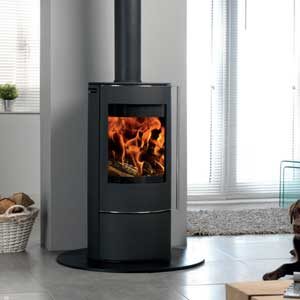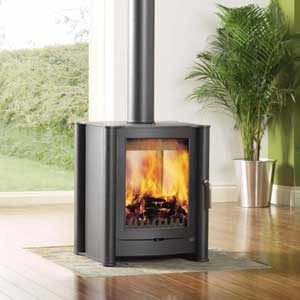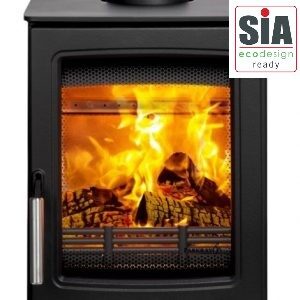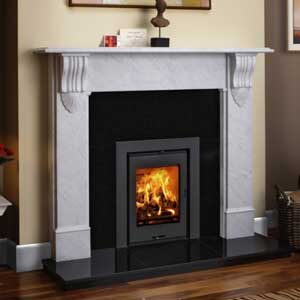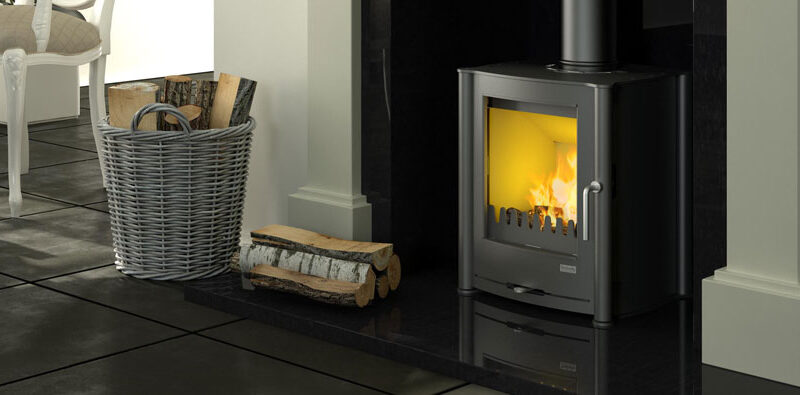Wood burning stoves, like nearly all forms of heating will have an impact on air pollution. Given the rising popularity of wood burning stoves there have been a number of studies looking into their effects on air pollution. Some studies analysed worst case scenarios which would give concerning results, however there are measures you can take to avoid damaging air pollution.
Research by HETAS and partners
HETAS, with others, commissioned a study to bring together the results of numerous quality research projects.
These covered the use of fuels, appliances, and user behaviour. This review concluded, there are good ways to reduce the environmental impact of using solid fuels, but there are also practices that must be avoided. 
This review concluded, there are ways to reduce the environmental impact of using solid fuels, but there are also practices that must be avoided.
The most important finding is that burning dry wood, with a moisture content of 20% or less, greatly reduces particulate emissions.
Simple lab studies have shown wet wood emits 5 times the particulates of dry wood under similar test conditions.
Concerns about domestic burning
Asthma UK and British Lung Foundation Partnership, urged people to stop burning solid fuel. Some articles quoted by the charity, attribute 38% of outdoor particulate pollution to domestic burning.
In this case domestic burning included agricultural burning, particulates from abroad, commercial catering, bonfires and BBQ’s alongside domestic residential stoves and biomass boilers. Therefore woodburning stoves are certainly not the sole cause of air pollution.
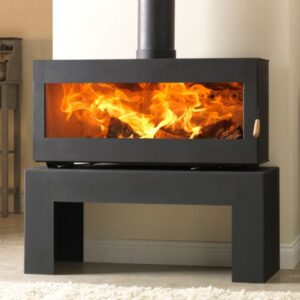
What you can do the minimise the impact of your wood burning stove
Here are some simple steps that you can take as a consumer, to reduce your impact of indoor and outdoor air pollution.
- Choose a modern, HETAS and Defra approved Ecodesign Compliant stove which burns safely and efficiently.
- Burn properly seasoned or kiln dried wood marked Woodsure Ready to Burn. It won’t smoke as much as other fuels and will give you a long-lasting, warm burn
- Keep the appliance and chimney clean and well maintained with regular checks from trusted HETAS Approved Chimney Sweeps and servicing technicians
- Always use an appliance in accordance with the manufacturer’s instructions
Remember nearly all heating methods cause pollution. It is important that owners use their wood burning responsibly and it will bring years of comfort and warmth and minimise its impact on the local environment.
Check out our range of wood burning and multifuel stoves at our Complete Stoves online shop.
See Scientific review casts doubt on the impact of domestic burning
And













